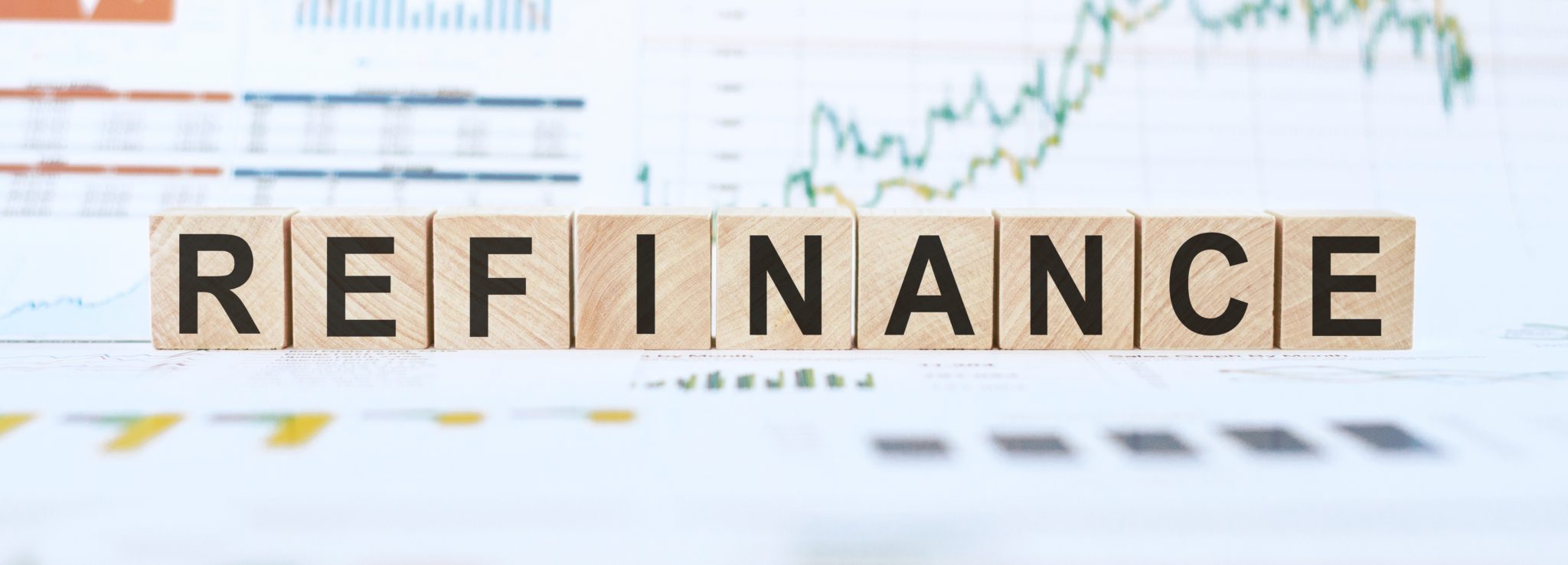When it comes to saving interest on a mortgage loan, extending your window for repayment, or receiving a cash-out from your equity – there are a plethora of options at hand that could positively impact your financial well-being while working to pay off your home.
What is Refinancing?
Refinancing is the act of replacing an existing home loan with a new one that fits your desired financial plans. Though refinancing a home may feel like climbing up a mountain at first, with these tips, you’ll be able to see that it’s not a giant mountain after all-but more like a hill you simply need the right tools and preparation to climb.
It’s Not Free
Because refinancing entails an origination fee, title insurance, appraisal, taxes, and other fees-it is not a free process. But with effective planning, the lender could break even in a short amount of time from the cost of refinancing. This can make the decision more than worthwhile in the long run. If you’re wondering if it’s the right time for you to refinance, here are a couple of criteria to consider. First, if you can lower your interest rate by at least half a percentage point, and second, if you plan on staying in your home for a few more years, refinancing could be worth it for you.
Why Your Credit Score Matters
Similar to taking out a car loan or a personal loan, your lender will base the quality of your potential refinancing rates on your credit score. And though there are options for refinancing with bad credit, it is smart to think about improving the health of your credit score before deciding to refinance.
How to Find The Right Mortgage Loan For You
Make sure to shop around with at least 3 different mortgage lenders before selecting one. You could potentially save thousands of dollars by taking more time to compare your options. Before waiting too long, ask your lender about the ideal time to refinance. They will have insights on interest rates and if they are rising in the near future. If so, it’s ideal to make the move and refinance before they do.
Get Organized Beforehand
Previous to refinancing, prepare your paperwork accordingly. The more organized you are, the smoother the process will go. Collect records of your federal tax returns, bank statements, and pay stubs as well as your net worth-making sure you are upfront about any of your liabilities and assets. Additionally, check how much home equity you have. The higher it is, the easier it will be for your lender to lend money to you.
Prepare for an Appraisal
An appraisal will also happen before your mortgage loan is approved to get a current price for the value of your home. Set aside a few hundred dollars for this process and prepare to share any home updates for the sake of accuracy.
What About Closing Costs?
When it comes time to close on your mortgage loan, the loan estimate and the closing disclosure will give you details on the cost of closing the mortgage. If you’re able, it’s best to finance this cost of a few thousand dollars upfront to avoid additional interest. But if this is not feasible, it will be added to your total loan amount.
Choosing to refinance your mortgage can pay off immensely if the decision is made with intention. If you’ve been looking for a way to adjust your mortgage loan to meet your financial needs, these refinancing options will help you do just that.












